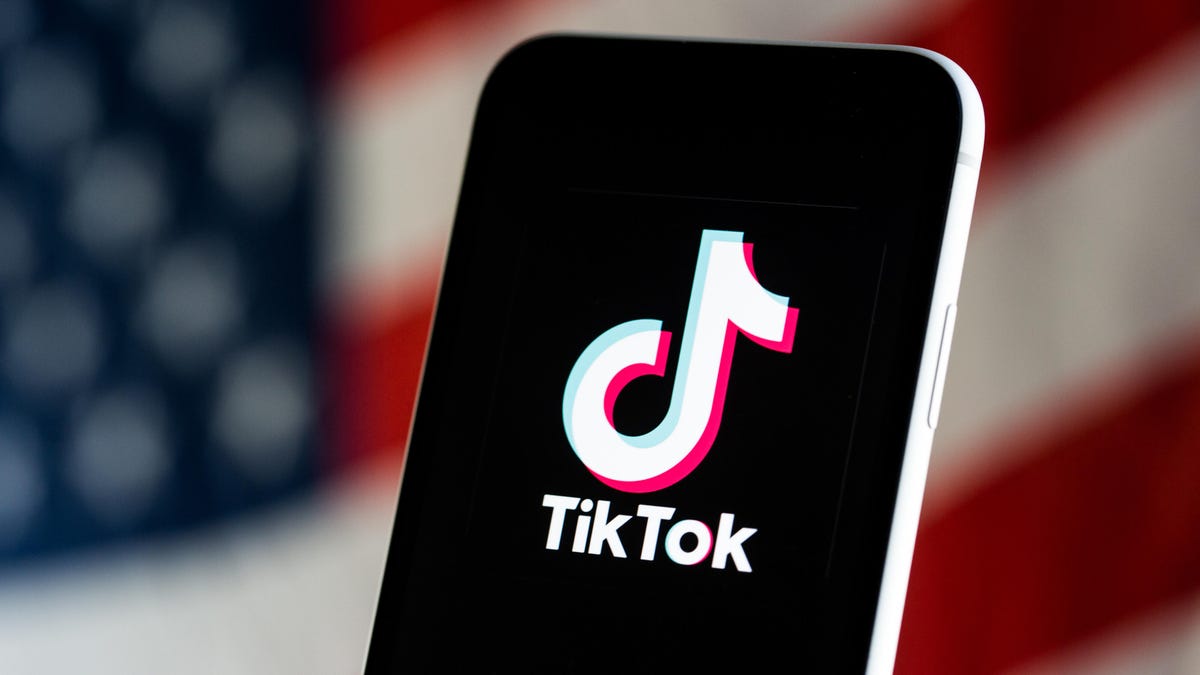TikTok Bans Some Deepfakes Amid Security Concerns
The new rules come as the video-sharing app faces a possible ban in the US.

TikTok on Tuesday announced a ban on some deepfake videos as part of a refresh of its community guidelines that comes as the Chinese-owned video-sharing app faces a possible ban in the US over security and privacy concerns.
The new rules were introduced just days before TikTok's CEO is scheduled to testify before Congress this week. Shou Chew is set to appear in front of the House Energy and Commerce Committee on Thursday to speak about TikTok's privacy and data practices.
Chew said in a TikTok video on Tuesday that the hearing "comes at a pivotal moment" for the company.
@tiktok Our CEO, Shou Chew, shares a special message on behalf of the entire TikTok team to thank our community of 150 million Americans ahead of his congressional hearing later this week.
♬ original sound - TikTok
"Some politicians have started talking about banning TikTok," said Chew in the TikTok, "[and] this could take away TikTok from all 150 million of you." Chew said he plans to tell the House committee "all that we are doing to protect Americans using the app."
Central to the updates TikTok introduced Tuesday is the issue of posting deepfakes, which use artificial intelligence to manipulate video and audio to make it seem like someone is saying or doing something that they're not. TikTok's new rules now require that synthetic or manipulated media depicting realistic scenes must be clearly labeled as fake.
The rules update also prohibits deepfakes of private figures and young people, while synthetic media featuring public figures will still be allowed, under certain restrictions -- abuse, political misinformation and commercial endorsements will be prohibited.
The new rules, which go into effect April 21, also include updates to its moderation procedures, including the removal of content that violates the service's rules and restricting viewing of mature content to those 18 or older.
"These principles guide our decisions about how we moderate content, so that we can strive to be fair in our actions, protect human dignity, and strike a balance between freedom of expression and preventing harm," Julie de Bailliencourt, TikTok's global head of product policy, said in a statement outlining the changes.
TikTok, a popular short-form video app owned by Chinese tech company ByteDance, has been under mounting pressure for months from US officials who have increasingly raised concerns that data from users in the US could be passed on to China's government. A chief concern among officials is that the Chinese government could dictate what content is or isn't shown on the platform in a bid to influence popular public opinion in the US.
TikTok has repeatedly said it doesn't share data with the Chinese government, but the company's remarks haven't been enough to appease US officials. Earlier this month, the Biden administration demanded that ByteDance sell its stake in the app or face a possible ban in the US.

